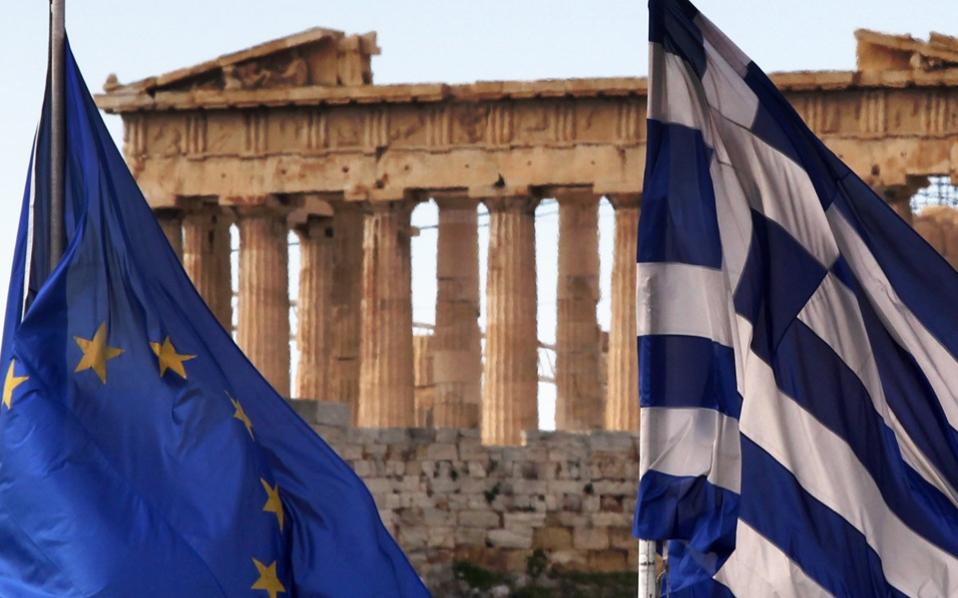The audience held hostage in the same old show

The noise accompanying every negotiation between our government and creditors has become a tradition. And yet, each time, from Athens to Berlin and Washington everyone acts as if this is some thriller whose end we do not know. In fact, the plot is familiar: The government acts tough and takes some decision without consulting the troika, the troika demands submission, the government finally gives in and we go a few steps down the endless road toward ostensible economic stability. The government and the creditors have found a modus vivendi. These repetitive theatrics, however, do not come without the cost of continued uncertainty and endless taxation.
The repetition, however, has an even more insidious effect. It creates the illusion of inevitability, that the Greeks will always be stuck in their self-destructive exceptionalism, acting the rebel and victim, while the creditors are infallible and need not change their own mentality and practices.
And so the Greeks protest, and then, at the last moment, they back down. The Greek public and the taxpayers in creditor countries all get their money’s worth. As two senior IMF officials said in a phone call that was tapped, Greeks act only when they have no more room to maneuver. The lack of trust determines everything, so there is no real discussion on how to improve the program.
Instead, the government and creditors slug it out on a battlefield of symbols. After Yanis Varoufakis played the great negotiator and stuck his head in the symbolic lion’s mouth, mocking the troika, he swanned off, leaving us to pay the bill in money and a further loss of credibility. His successor, the serious Euclid Tsakalotos, today has to humble himself to keep channels of communication open with the troika. Through its delays, the government managed to pass many reforms, keeping Greece in the eurozone. But it exhausted the public without achieving economic stability. Now it is questionable whether the coalition can survive the impact of the measures it must implement. Because there comes a moment when citizens realize they are not an audience but hostages. Then, either the play changes or the protagonists do.





